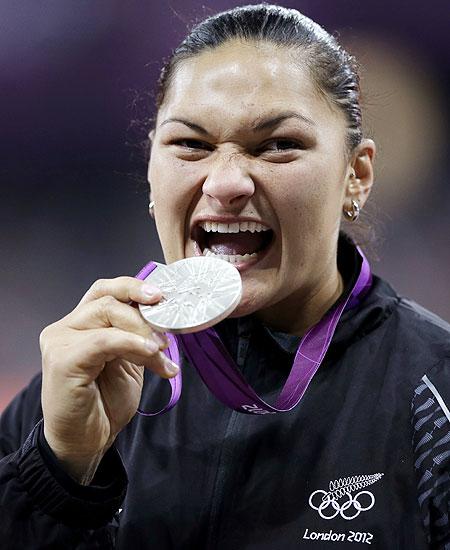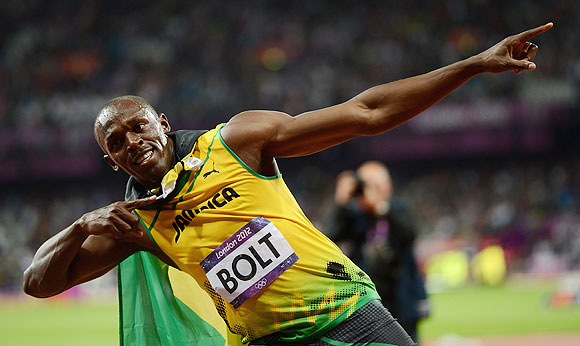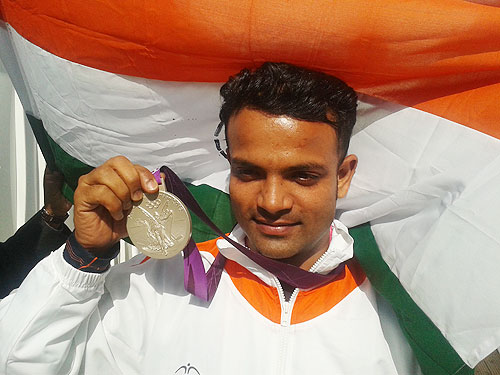Photographs: AP Photo/Matt Slocum
Forget about the Olympic medal race between the United States and China. The real action is happening in places like Jamaica, New Zealand and the tiny island nation of Grenada.
At least that's according to one method for crunching the numbers that's being promoted by a New Zealand government agency.
Since last Thursday, Statistics New Zealand has been posting daily online updates of its "medal strike rate" -- the number of gold medals won relative to each country's population.
On the traditional medal table, China finished ahead after 10 days of competition with 31 golds, while the US was running a close second with 29.
Smaller nations lead alternative gold medal count
Image: Usain Bolt of JamaicaPhotographs: Julia Vynokurova/Getty Images
But factor in population, and the US drops to a middle-of-the-pack 23rd, winning one gold medal for every 11 million residents. China, the world's most populous nation, drops to 36th, with one gold for every 43 million. Among larger nations, Olympic hosts Britain leads, with its 18 golds representing one for every 3.4 million residents.
Many small countries fare even better.
New Zealand, population 4.4 million, won three gold medals in rowing, propelling it to the top of the medal-strike table over the weekend. Then Usain Bolt's spectacular win in the 100 meters put Jamaica on top, with its two golds representing one for every 1.4 million residents.
Smaller nations lead alternative gold medal count
Image: Kirani James of GrenadaPhotographs: AP Photo/Daniel Ochoa De Olza
And then came Grenada. A sensational run Monday by 19-year-old Kirani James in the 400 meters final gave the country its first-ever gold medal and a seemingly unassailable lead on the medal-strike table -- one gold for every 109,000 residents (the country's entire population).
Jo-Anne Skinner, a project manager at Statistics New Zealand, said the alternative rankings have been getting tens of thousands of online hits and have helped generate pride in the country's Olympic achievements.
"It allows some of the smaller nations to have their day in the sun," she said.
Smaller nations lead alternative gold medal count
Image: Vijay KumarPhotographs: Harish Kotian/ Rediff.com
It's also generating interest in statistics, she said, with some local academics picking up on the analysis as a teaching tool.
Asked about the analysis this week, New Zealand's Prime Minister John Key joked that he'd be happy to grant residency to Usain Bolt if it would help move New Zealand past Jamaica on the list.
One country that may not want to look at the analysis is India. It hasn't won any golds yet, but its one silver and two bronzes represent just one medal of any type for every 400 million countrymen.





Comment
article